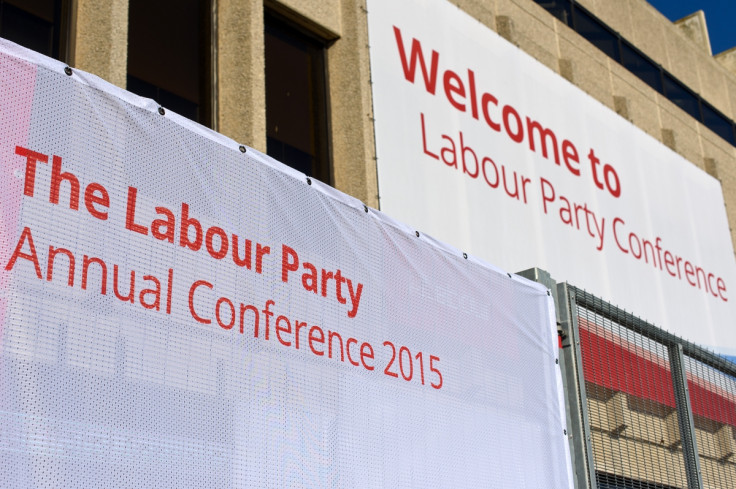Shadow energy secretary Lisa Nandy says Labour will 'democratise' the industry [Full speech]

NB: This is a press released version of Lisa Nandy's speech issued on 28 September and it may differ from her delivery.
Conference, it's a pleasure to address you this morning in my first speech to Labour Party conference. And what an honour to follow in the footsteps of a fearless champion for consumers and the environment - Caroline Flint.
I start this job at a time when the stakes could not be higher. Energy is the backbone of our economy. How we source and fund our energy determines the jobs we do, the lives we can afford to lead, and the success of our businesses. But it is also one of our greatest challenges.
Affordable, reliable energy matters to working people here and across the world. But the pollution caused by our existing energy system poses one of the greatest risks to our health, our wellbeing and our collective future.
The transition to clean energy is one of the biggest challenges this country has ever faced. It's comparable in scale to the industrial revolution.
'We need leadership'
And it requires the same shared determination and collective will to act that helped us to rebuild Britain after the war. It demands that we draw on the creativity, innovation and talent that Britain has to offer. But it also demands leadership.
With our historic global ties, our dynamism and our expertise, it's a leadership Britain is uniquely placed to offer. But instead, our ministers are failing our people at home, and they're trashing our historic legacy of international leadership.
Only this week Al Gore said: "It is time for the UK government to honour and live up to that legacy, and return to its global leadership position, domestically and abroad."
Conference, he's right. It is a British legacy. And it's a Labour legacy. And I am not prepared to let it go without a fight.
Because it was John Prescott who, in his own unique way, banged heads together at Kyoto to create the world's first legally binding climate treaty. And it was Ed Miliband who worked patiently through set back after set back to push for a new global climate change deal fit for the challenges we now face.
And now here we are, at this critical moment in history, where for the first time the world's largest economies are on threshold of an agreement.
The Paris Summit in December can be historic. It can give an absolutely transformational signal to investors and businesses around the world that the age of polluting energy is over, and that the transition to a new, clean, energy model is inevitable, irreversible, universal.
Paris can build on Labour's Climate Change Act and return us to the negotiating table every five years, increasing our efforts, until the job is done.
'The UK's diminishing influence'

Conference we should be proud that the UK and its Labour Government helped build the road to Paris. But this part we've played, as a global force for higher ambition, is in danger of becoming the story of our past, not the story of our future.
Under David Cameron, Britain's influence abroad has diminished quicker than at any period in living memory. It's left us relegated to the margins of the global conversation, while others set the agenda and the pace.
Their refusal to look outwards has undermined our ability to tackle shared global challenges. From climate change to the movement of refugees it is co-operation not isolation that will allow us to shape and own the future. Other nations are already investing in the future.
In China, the government is taking bold steps to reduce dirty coal and invest in renewable energy because its billions of citizens urgently need an end to chronic air-pollution. In India, the government is pioneering clean tech innovation using solar energy to connect millions of people to light and power for the first time.
George Osborne insists our economic future lies in trade with these countries – and yet he has turned his back on our own wind and solar industries. But what if we could build a new clean energy system that would reduce our dependence on imported fuel, create the skilled, well-paid jobs we so badly need, and bring down sky-h igh energy bills? It would mean a dramatic change of course.
The actions of this government have left the poorest households in Britain paying six times more of their disposable income on green taxes than the richest. This is a national scandal.
But Conference, don't let them tell us we can't heat our homes and protect the environment. Of course we can. By minimising the costs of going green, sharing those costs fairly, and capturing the industrial benefits to improve the lives of working people.
The guiding principle of our energy plan is the pursuit of social justice. The Tory manifesto promised to "cut carbon emissions as cheaply as possible." But what have they done instead?
© Copyright IBTimes 2025. All rights reserved.





















